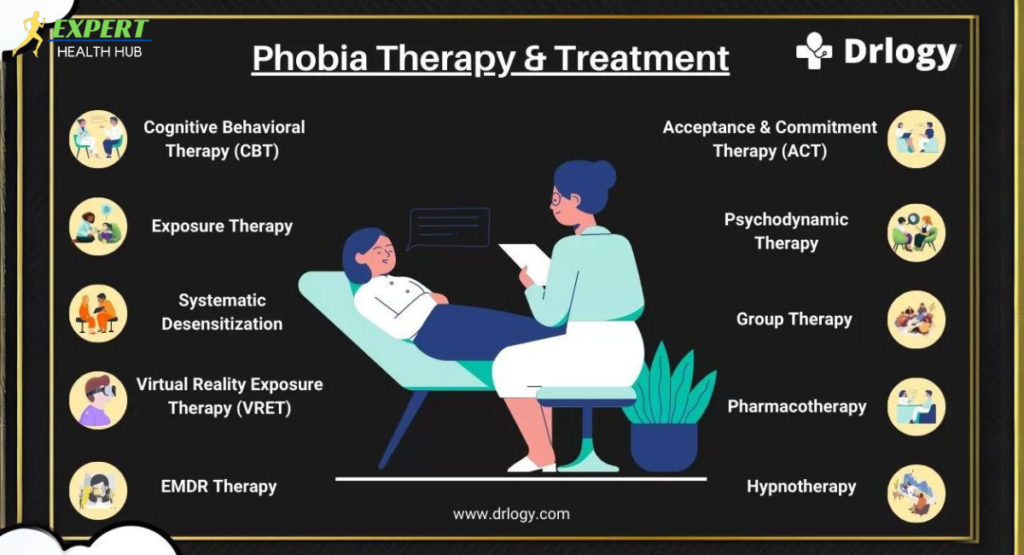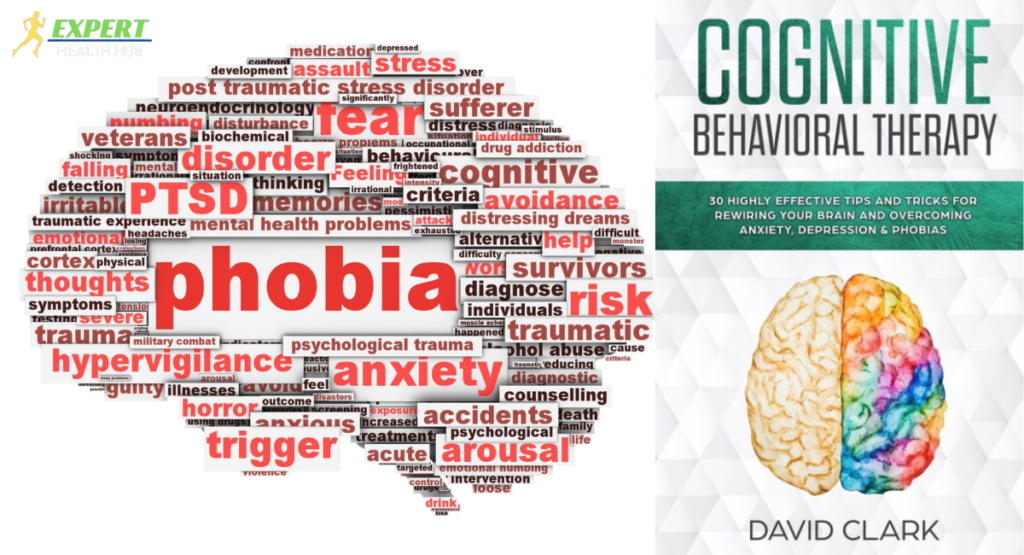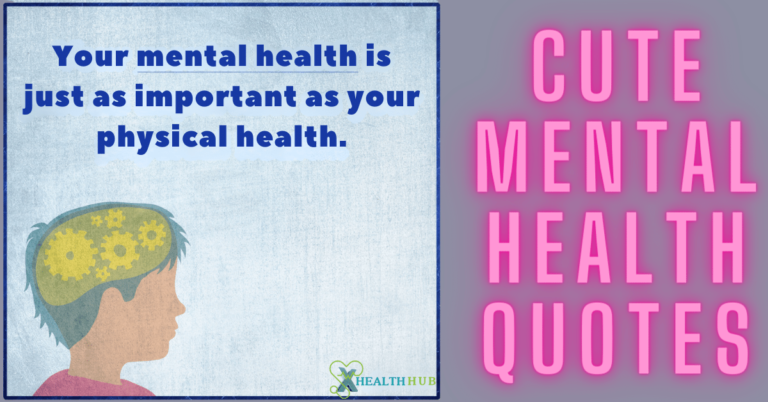Behavioral therapies for phobias: Facing Your Fears Laughter-Free
Behavioral therapies for phobias:
Introduction:
In this article, you learn completely about Behavioral therapies for phobias. If you read this article from start to finish, you will have complete knowledge about behavioral therapies for phobias.
Table of Contents
Hey there! Is it common for you to feel spooked whenever you’re near tall buildings or spiders? You are not all by yourself.
Anxieties, or irrational fears, can hit many people at any moment. No need to be afraid! With the help of a support group of therapists, you can conquer your fears and enjoy life to the utmost.
People have phobias for what reasons?
If you suffer from a phobia, it’s like being terrified of an invisible threat. Severe anxiety and panic attacks can be brought on by any number of specific phobias, including those of heights, tight spaces, spiders, etc.
When we allow ourselves to be consumed with worry, it becomes difficult to carry out daily tasks and may even lead us to avoid certain activities. Realising the origins of these worries is the initial step towards overcoming them.
Discover the Therapy Superheroes: Behavioural Therapies.

How Do You Know About These Treatments?
On the road to overcoming your worries, behavioral therapies are like dependable friends. You can learn to control your phobia by gaining insight into and mastering the mental processes that fuel it.
Reducing the strength of your fear response is the goal of these therapies, which involve progressively exposing yourself to your fear’s source in a safe and controlled setting.
The Hip Group: Various Behavioural Treatments
As part of exposure treatment, you will face your fears one step at a time. Desensitization to the frightened object or scenario can be achieved by exposurvisualizing, which involves either visualizing it or facing it in real life.
Exposure Therapy:
Methodical desensitization, like exposure treatment, entails progressively confronting your phobia. On the other hand, you don’t just dive headfirst into facing your fears; instead, you acquire relaxation strategies to help you manage.
How to Change Your Behaviours (CBT):
One method for dealing with phobias is cognitive behavioral therapy (CBT), which aims to assist patients in identifying inaccurate thought patterns and developing strategies to replace them.
Cognitive behavioral therapy (CBT) can assist in overcoming these negative beliefs and replacing them with more constructive coping mechanisms.
Flooding for Treatment:
This technique is more forceful since it confronts your fear directly. One approach to anxiety reduction is flooding therapy, which entails confronting one’s concerns head-on in order to end the vicious cycle of conditioned fear.
Pro Tip: Learn more about: Extreme Tooth Pain Can’t Sleep
The Unbelievable Reasons Behind These Treatments

Behavioural therapy has shown promise in helping individuals overcome phobias, despite the associated discomfort. They can assist you in conquering your fears and reclaiming control of your life if you’re truly dedicated.
Their reputation is built on longevity.
The skills you develop through behavioral treatment will stay with you much longer than any medicine ever will. By addressing the root causes of your phobia, these treatments empower you to face future concerns with confidence.
Created with your needs in mind:
Its flexibility is one of behavioral therapy’s best features. By collaborating with your therapist to tailor treatment to your specific needs and preferences, you can improve the likelihood of a positive outcome.
Anthologies of Victories: First-Held Testimonials of Victories
The stories of those who have overcome their concerns can be an inspiration to those who are still struggling. These stories demonstrate that no one is unable to conquer fear—of flying, public speaking, or dogs—with time and support.
Unpaved Road Obstacles and Opportunities
Despite the many advantages of therapies, there are still certain difficulties. Face your anxieties head-on; it won’t be easy, and you might even feel like you’re not making any progress. With the support of a trained therapist and your own will, you can conquer these challenges and achieve success.
Pro Tip: Learn more about : Center for Anxiety Disorders and Phobias Fairfield CT
Advice to Help You Choose the Best Therapist
How effective your treatment is will depend heavily on the therapist you pick. Those who suffer from phobias may get relief from psychologists who specialize in exposure therapy or cognitive behavioural therapy (CBT).
The therapeutic relationship is vital to your recovery, so don’t be shy about asking questions or following your gut when you’re in treatment.
A Handbook for Self-Empowerment: Embrace Your Inner Superhero
To augment professional therapy for phobia management, there are numerous at-home self-help methods:
The practice of deep breathing:
Breathing gently and deeply can help calm the mind and body when anxiety strikes.
Gradually easing the muscles:
If you suffer from worry or stress, you might find that tensing and relaxing certain muscle groups helps.
A visual depiction:
Visualizing conquering your fear directly can boost your determination and self-assurance.
Impressive claims:
Use positive affirmations to boost your self-esteem and counteract pessimistic thoughts.
Pro Tip: Learn more about : Signs you are recovering from anxiety
Combining Therapies for Maximum Impact: The Power of Two

For some patients, a combination of treatments may provide even better outcomes. Combining exposure therapy with relaxation techniques or enhancing cognitive-behavioral therapy with medication are two examples of ways that treatment efficacy might be boosted. Experiment with different combinations to find out which ones perform best.
Come Together: Assembling Your Group of Advocates
To conquer a fear, it is essential to have the support of loved ones who can empathize with your struggles. Being surrounded by supportive individuals can greatly assist you during the ups and downs of therapy. They can provide you with words of encouragement, empathy, and practical assistance.
Pro Tip: Learn more about : Left arm pain anxiety
Common Misconceptions About Phobias and How to Debunk Them
Even though phobias are common, many individuals misunderstand them. Some common misunderstandings are dispelled below:
Myth:
Worries are only a sign of being vulnerable.
The reality,
A phobia is a legitimate mental health disorder that can affect anyone at any age and from any background.
Myth:
Some fears are so crippling that sufferers eventually “get over” them.
The reality,
In most cases, overcoming a phobia requires the assistance of a trained professional and an organized, individually tailored therapy plan.
The Mysteries of Medications
While there is some evidence that medicine can help with phobia symptoms, it is not a cure. When used in conjunction with therapy, antidepressants and antitougs can alleviate symptoms and speed up the healing process. Consultation with your doctor regarding medication’s advantages and risks is essential for making an educated decision about your treatment strategy.
The Battle Against Fear: What Comes Next?
Emerging novel techniques for phobia relief have been facilitated by the rapid growth of technology. An alternative to conventional exposure therapy, virtual reality treatment puts patients in a safe, controlled setting where they can face their concerns.
Studies on the neural basis of fear have also paved the way for future treatments that are both future-oriented and effective.
Pro Tip: Learn more about : 222 angel Number meaning anxiety
Maintaining the Flame: Unleash Your Bravery

Being fearless is a prerequisite for success, but it is not enough on its own. If you wish to keep making progress and avoid relapse, it is essential to keep in mind what you have learned in therapy and to recognize when old patterns return.
Take care of yourself first and foremost by surrounding yourself with positive influences, making time for learning and development, and cultivating positive connections.
Conclusion:
We discuss completely behavioral therapies for phobias. Despite the terrifying nature of phobias, they are surmountable with the right combination of treatment and support. No matter what your phobia is—spiders, heights, or social situations—know that you are not alone in fighting it.
In spite of your anxieties, you may overcome them and come out on the other side more powerful, courageous, and self-assured than before if you are determined, resilient, and have the support of your therapist. If you have any questions related to behavioral therapies for phobias, ask me in the comment.
Pro Tip: Learn more about : Starbucks egg white bites nutrition
FAQs
Q1: How long does it often take for treatment to start feeling better?
Answer: The patient’s degree of change readiness, the therapy approach, and the severity of the fear are some of the individual factors that determine how long it takes to conquer a phobia.
While some patients may see long-term benefits after only a few weeks or months of treatment, others may need a lengthier regimen.
Q2: Is therapy covered by my insurance?
Answer: Yes, many health plans do cover the cost of counselling for mental health disorders like phobias. On the other hand, your insurance policy and provider might alter the specifics of your coverage.
It is recommended that you contact your insurance company without delay if you have any inquiries about your coverage options, costs, or limitations.
Q3: Is it possible for therapy to intensify my phobia?
Answer: Although most people report feeling better after phobia therapy, others report feeling more anxious or uncomfortable for a short while after facing their fears.
As a sign that the treatment is having the desired effect, this occurs frequently throughout therapy. You and your therapist will jointly determine the pace at which you feel comfortable advancing through treatment.
Q4: Is it possible for me to conquer my fear by myself?
Answer: Seeing a specialist is typically the best option when dealing with a severe or long-term fear, however, self-help strategies can be effective for mild to severe phobias.
A therapist trained in evidence-based therapies for phobias can help you conquer your fear in a safe and effective way. You may rely on them for guidance, assistance, and tailored solutions.
Q5: How can I learn more about phobia treatment options?
Answer: There are many trustworthy resources available to people battling phobias, including professional therapists and internet and print literature.
Many resources about phobia treatments, self-help methods, and support groups are available on the websites of organizations such as the Anxiety and Depression Association of America (ADAA) and the National Institute of Mental Health (NIMH).
Pro tip: To learn more about health and fitness-related knowledge, regularly visit Quora, Linked, Twitter, Pinterest, Instagram, YouTube, and Facebook.






